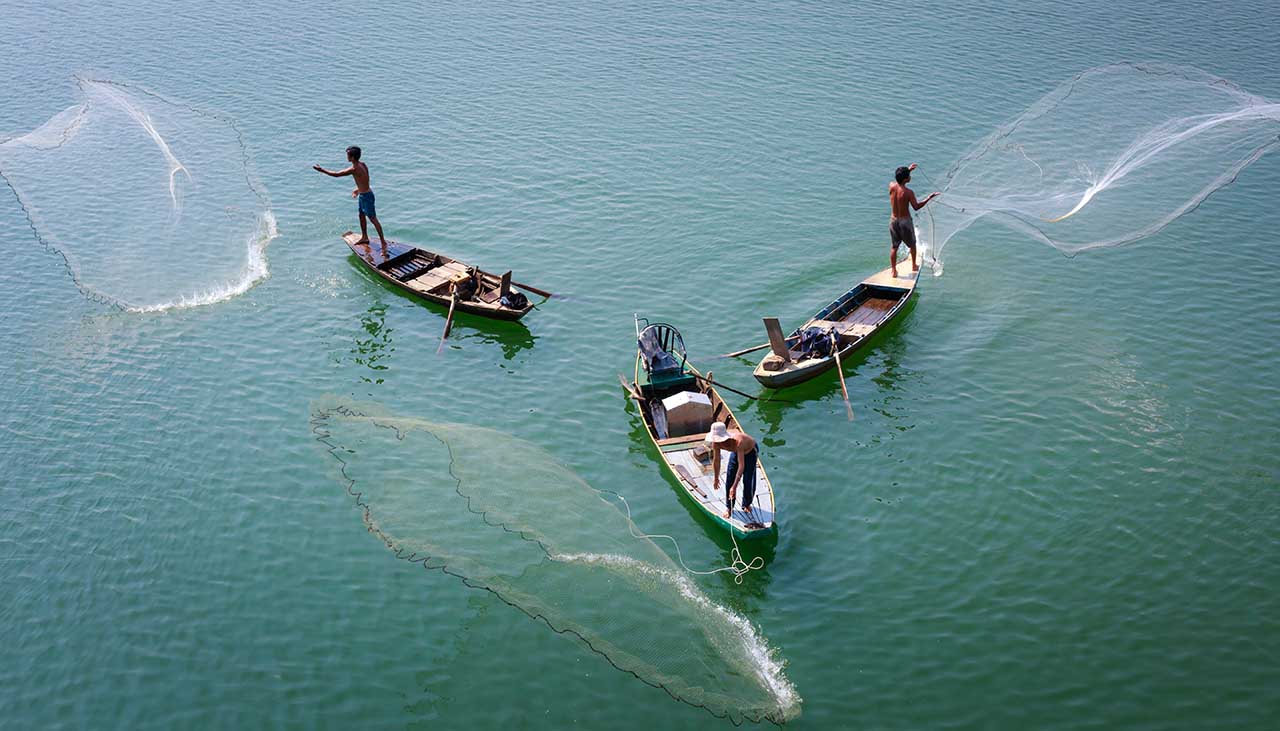From saber-toothed tigers to elk, hunting and fishing have been a part of human history since time immemorial. Today, cultural traditions that include these activities are being preserved – but not just out of respect for our ancestors or because of the nostalgia factor. There is also an incredibly important environmental knowledge we can glean from those who still pursue these ancient ways – one which could prove invaluable in protecting biodiversity as well as future generations’ access to food sources in wildlands around the world. In this blog post, we’ll take a look at why hunting and fishing are so culturally significant; how they connect us with our past; and what vital environmental lessons they provide us today. So grab your favorite outdoor hat, settle into your most comfortable chair, and let’s start exploring!
An Overview of Hunting and Fishing as Cultural Traditions
From ancient times, hunting and fishing have been a major part of the culture and heritage of many Indigenous communities. Many Native American tribes relied on these activities as a source of food, clothing, tools, and art – while also considering them to be sacred practices that honor the animals they hunt or fish. For Indigenous cultures around the world, hunting and fishing are integral parts of their traditional spiritual beliefs and cultural identity.
Traditional Methods of Hunting and Fishing Used By Indigenous Cultures
Indigenous cultures use various methods for hunting and fishing based on the local environment in which they live. Trapping is often used for small game such as rabbits, birds, or squirrels; nets are commonly employed for catching fish; bows are used to take down larger animals such as deer; and spears are often used to hunt aquatic mammals. Indigenous communities have also developed a deep understanding of the local environment through generations of observation and practice – giving them a wealth of knowledge on animal behavior, migration patterns, and other important ecological insights.
The Benefits of Hunting and Fishing for the Environment
Hunting and fishing can have positive effects on ecosystems when practiced sustainably. Wildlife is managed more effectively because hunters are motivated to ensure healthy populations – leading to improved habitat conditions in areas where hunting takes place. Fishing can also be beneficial as it helps control pest species that may otherwise cause damage to native plants or fish stocks if left unchecked. By taking only what we need from nature, we create more balanced ecosystems and more abundant wildlife populations.
How to Engage Responsibly in Hunting and Fishing Practices
To engage responsibly in hunting and fishing, it is important to have a deep respect for the animals we seek out as well as the environment itself. It’s also important to be mindful of any local laws or regulations that may be in place regarding these activities, as they can vary from region to region. Finally, it’s crucial to understand how our actions impact the environment – being sure not to over-harvest or damage delicate habitats or ecosystems in pursuit of game.
Tips on Selecting Appropriate Equipment for Hunting and Fishing
When selecting equipment for hunting and fishing, it’s essential to consider the type of game being pursued. Different animals require different types of weapons and equipment, so it’s important to do your research before engaging in any activity. You should also make sure that you are familiar and comfortable with the weapon or tool you choose, as this will help ensure a safe and successful hunt or fishing trip.
Celebrating Traditional Knowledge Through Modern Techniques of Hunting and Fishing
Hunting and fishing provide us with an opportunity to appreciate and celebrate traditional knowledge passed down from generations before us. By using modern tools such as GPS tracking devices, night vision scopes, or fish finders we can gain a greater understanding of our local environment while honoring the traditional practices used by Indigenous cultures for centuries.
Supporting Indigenous Communities Through Hunting and Fishing
Supporting Indigenous communities through hunting and fishing is an important way to honor their cultural traditions and help preserve their environmental knowledge. By participating in traditional activities such as hunting or fishing with members of an Indigenous community, we can gain a deeper understanding of the area’s ecology while supporting local economies. We can also work together to ensure that these activities are conducted responsibly – preserving the environment for future generations.
Conclusion
Hunting and fishing are important cultural practices that provide Indigenous communities with a connection to the environment and their heritage. By understanding the importance of sustainable practices, using the appropriate equipment for hunting and fishing, celebrating traditional knowledge through modern techniques, and supporting Indigenous communities we can honor these activities while helping protect local environments for future generations.
